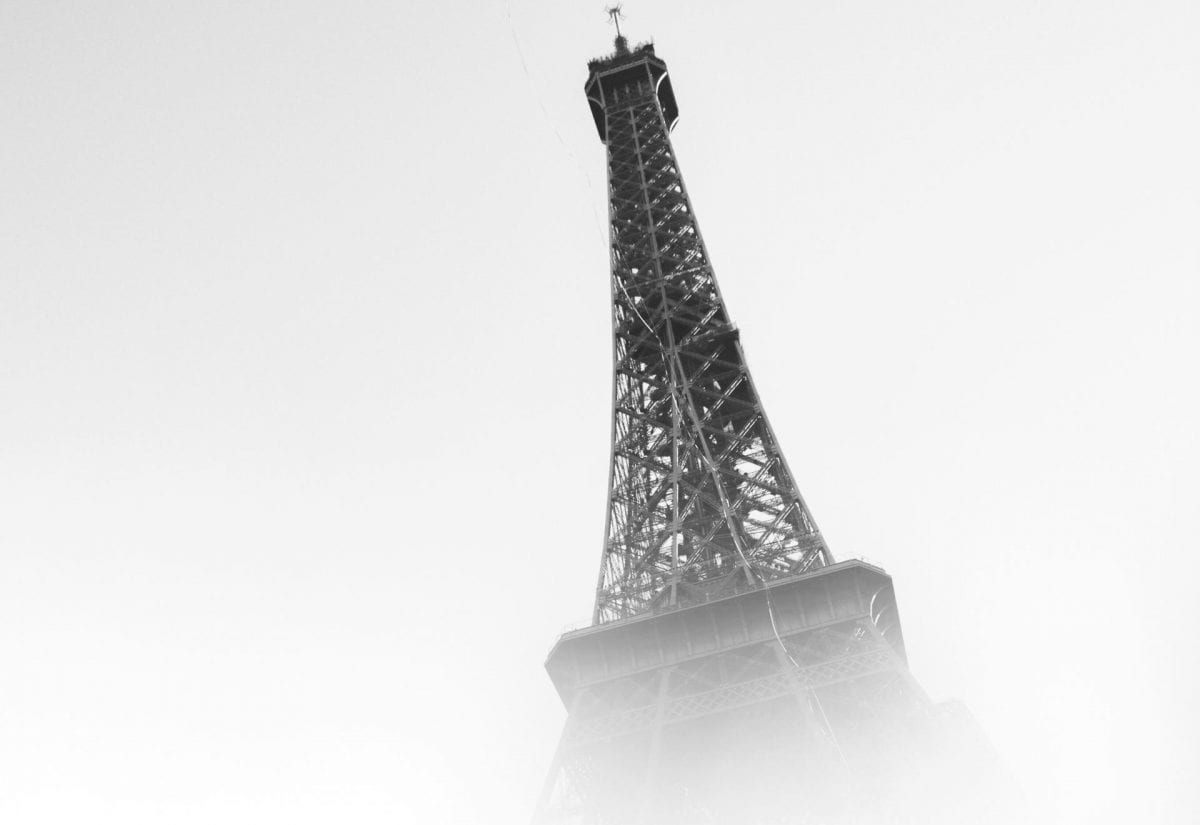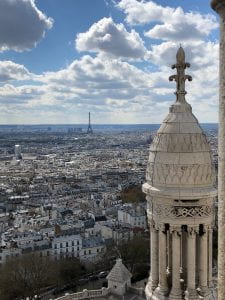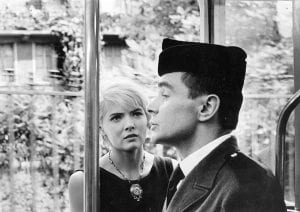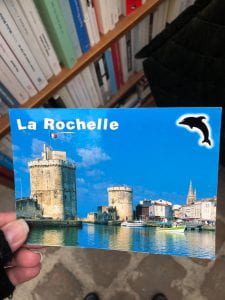dream holiday, holiday dreams
This spring six Washingtonian women spent seven days walking the streets of Paris. Our connections to one another were varied. We were mother and daughter, colleagues, strangers, and soul mates navigating narrow sidewalks in pairs. One of us had visited before; the rest were freshly starstruck. No one knew exactly what to expect from this sashay through the City of Lights.
For the Crows, Montmartre — in Paris’s 18th arrondissement — became an idyllic oasis. Cozy French cafes, stone pathways and ivy-covered facades, painters at easels capturing the view at Sacré-Cœur, Moulin Rouge: every cliche our borrowed neighborhood offered was embraced with open, hungry arms. (And by hungry I do mean invariably stuffing ourselves with the most deliciously sensuous pastries.) In all truth, initial submersion into classic storybook Paris can inch dangerously close to perfection. And with that thought — over le petit déjeuner and an open journal — it occurred to me just how removed from reality an American on Parisian holiday truly is.
the city of our lives?
Once you’ve been there, the look and feel of Paris remains ever close to your heart. Repeat viewings of favorite media and art take on new nostalgic influence, making every sliver of cathedral or carousel décolletage a little bit more personal than it ever was before. You’ve been there. Well, maybe not there there. But you’ve been close enough that if you closed your eyes right now you would breath in the smell of wet pavement and taste macarons on your tongue.
If you reached out your hand you’re 90% sure your fingers would graze a familiar crêpe cart or framed Van Gogh. So close is the experience to your everyday senses. How much you want to keep it alive.
Watching a new-to-you French New Wave film after you return from Paris can, however, marry that tourist nostalgia with the truth: your visit to Paris was a one-way trip. Believe it or not, French people actually live in France. They pay taxes, vote, sweep the streets, curate vintage shops, and culture the bread starter you can magically consume even though you’re supposedly gluten intolerant. Even more, actual Parisians fall in love in Paris. They exact revenge, kiss sweet and slow, file for divorce, and none of it is traditional movie fare. Yes, you took a trip with your body that you’d already journeyed with your imagination, but this existential film — with its nobody characters and everyday happenings — helps illuminate how much you’ve romanticized an ideal. It reminds you how little you have to do with Paris and how much less Paris has to do with you.
varda plus clÉo equals clarity
My own illumination, which began in Montmartre over breakfast and journal scribbles, cast a long shadow while viewing Agnès Varda’s 1962 French New Wave staple Cléo from 5 to 7 (‘Cléo de cinq à sept‘) post-return home. In 5 to 7, the Left Bank and Florence “Cléo” Victoire play characters opposite one another — Cléo the emerging singer awaiting medical test results and Paris the friend she leans on for solace. An ominous tarot reading fresh on her mind, Cléo lollygags around her hometown until eventually stumbling upon a soldier.
5PM to 7PM are the hours when lovers meet in Paris. Enter Antoine: the tarot-prophesied, lollygag-susceptible military man on leave. When Cléo encounters Antoine she’s despairing over a not-yet-realized fate. Antoine’s fate, however, is already sealed; his furlough ends that night. Together these two strangers make a deal; he will support her while she finds out her diagnosis if she will bid him farewell at the train station.
And support her he does. They haven’t much time together but, while strolling leisurely toward the elephants occupying both of their rooms, Antoine confides his thoughts on war and women.
What he describes Cléo recognizes within herself. She is self-centered; like many others, she only offers herself by halves. In less than two hours Antoine provides Cléo a much-needed reflection of the impact she’s leveling against herself and the world. We should never die for nothing; we must learn to give all.
As I watched objective realism crashing into the subjective then butting up against documentary-style flâneusing, that “Paris isn’t yours” feeling I couldn’t seem to shake only increased. Cléo treated Paris the way I treat Bellingham and regarded Antoine’s presence and perspective the way I remember Paris. How could this connection that I walked and breathed and love feel so untethered to reality? Perhaps Cléo asked herself something similar at the train station as she watched the caboose disappear.
I don’t know if, after Antoine and Cléo part, she makes up her mind to fight; fight illness, fight objectification, fight fear. Perhaps tomorrow she will lift her fists in pursuit of a more meaningful life. Meeting playful Antoine, who — even if Cléo does have cancer — might be the worse off of the two, may even encourage Cléo to put down the shattered mirror and embrace a more outwardly-focused existence. I do know that not long before they have to say goodbye Antoine declares that they have plenty of time together. Memories never die.
Paris, tu Me manques
Paris took my wildest expectations and added life. To simply observe the bustle of the streets felt as though I was learning something transformative about myself. In actuality, I was just catching a fresh perspective of who I am in the world and how I hold the world in me. In most Americanized stories set in Paris the protagonist’s life is deeply altered by some event. As the main character in my own story I can honestly say I went to Paris to change but instead returned home wanting to make change.
Meaningful connections vary. Paris is not my mother, daughter, colleague, or soul mate. She’s not quite a stranger, no longer just a story. Certainly not a long-term partner or even a friend. In hindsight, Paris feels more like a once-in-a-lifetime lover, a mirror that points outward at the life you are living, casting questions into the well of purposeful pursuit. A momentary sweetheart that, after touching you powerfully, offers you much to see anew once life returns to normal.
I hope we touch again, France and myself. Until then, I will treasure my sensory memories, hold fictionalized narratives at arms length, and practice honoring our one inspired week together by seeing outward and offering inward. The rest is fate.






